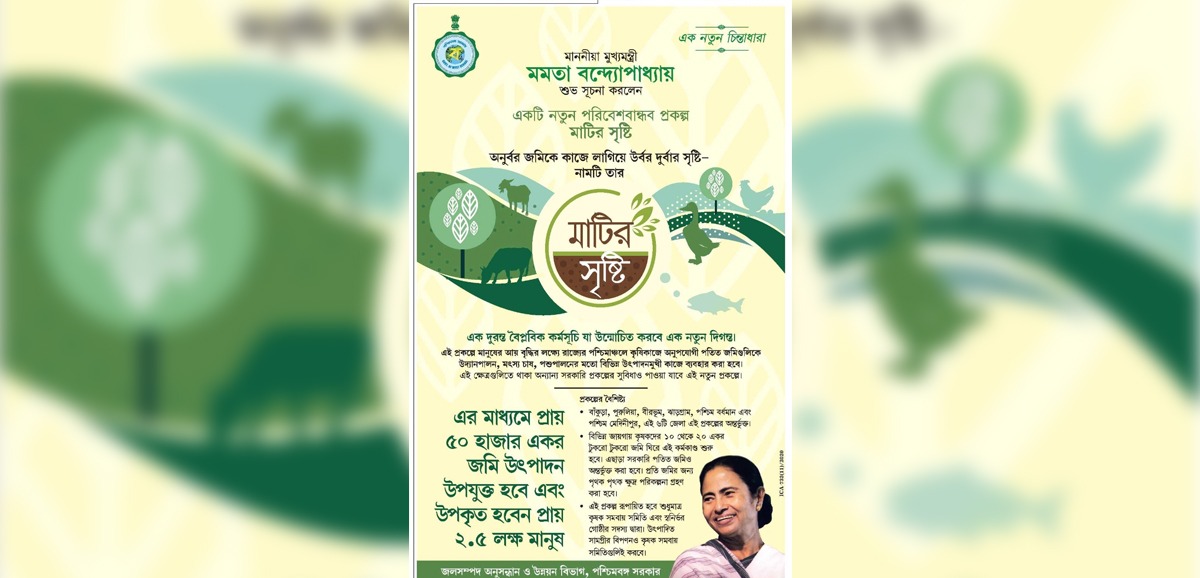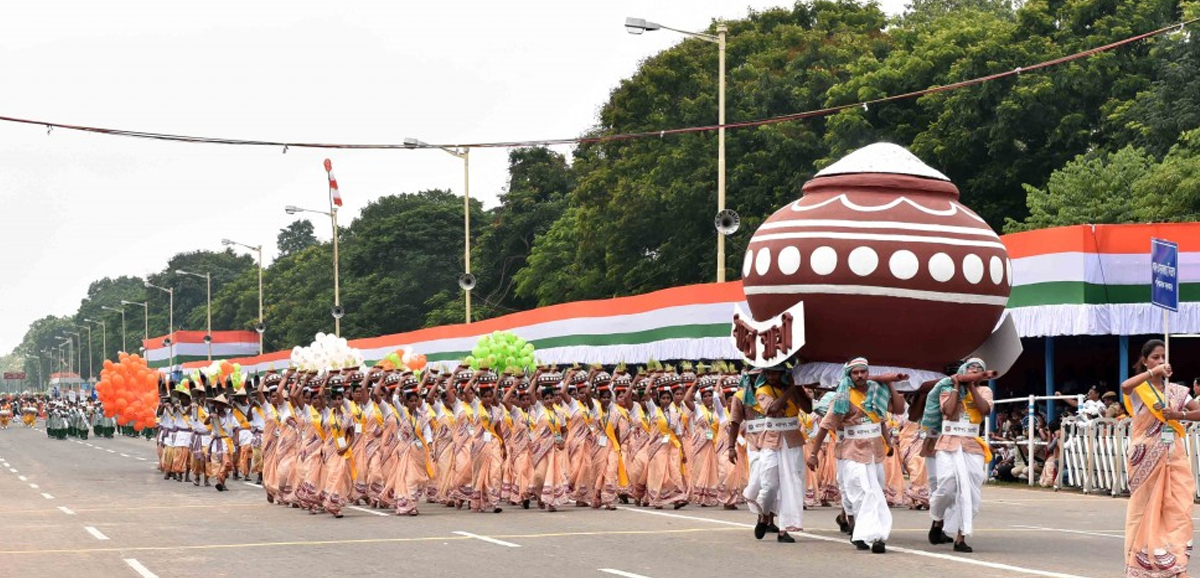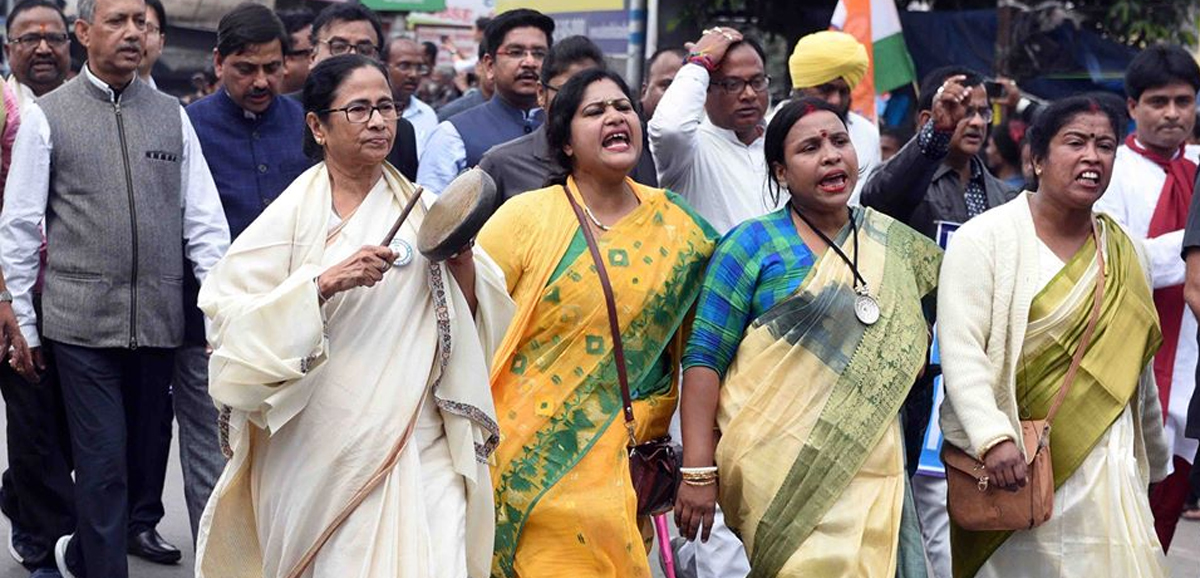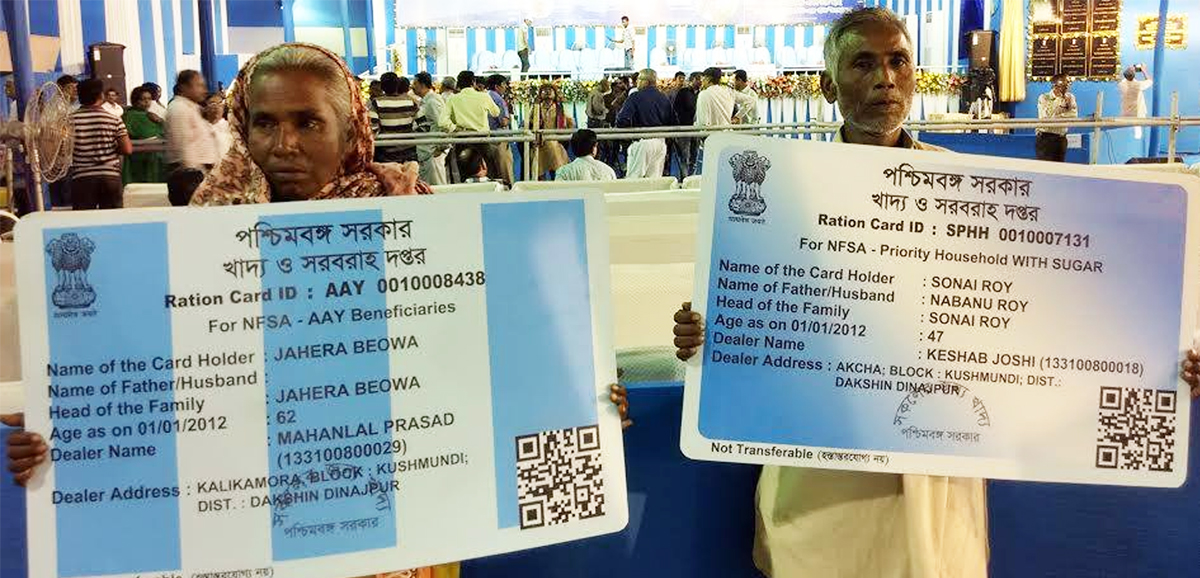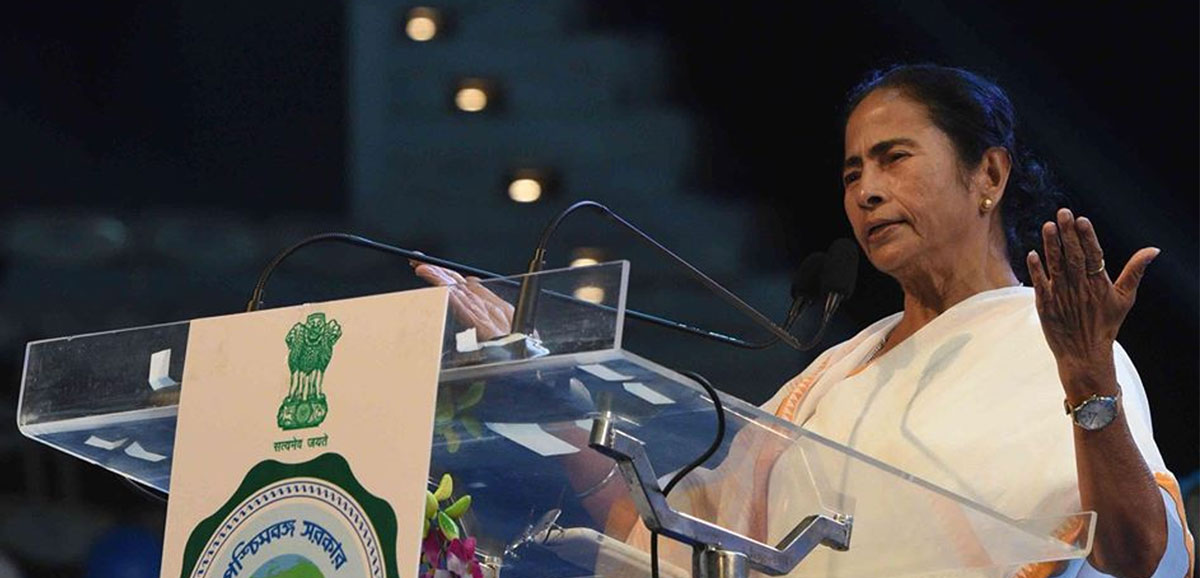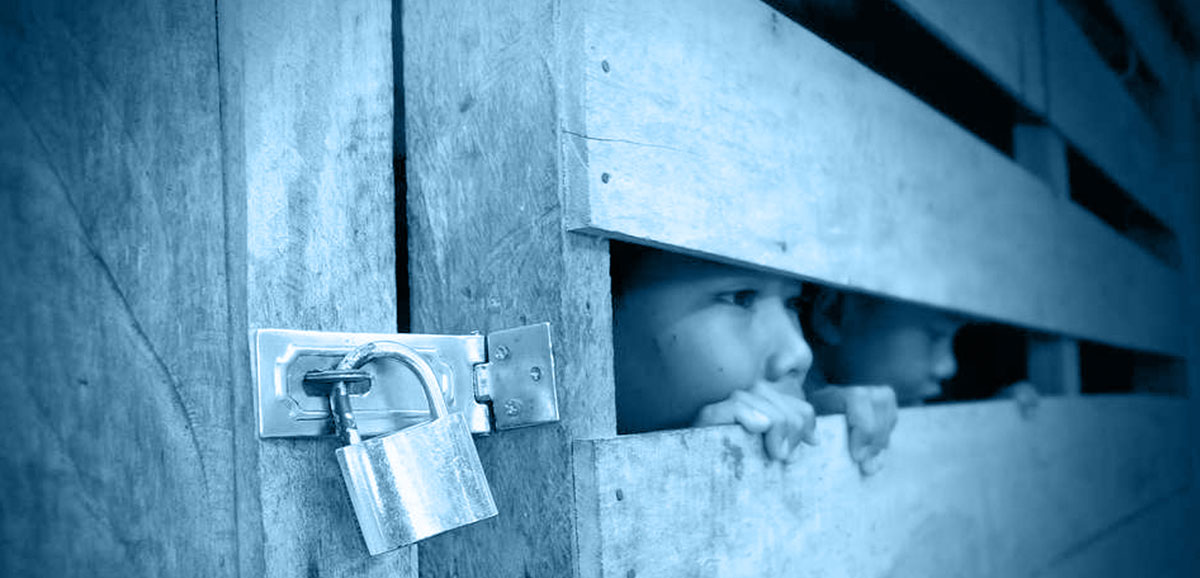Chief Minister Mamata Banerjee today launched a new developmental scheme called Matir Srishti for the ‘Paschimanchal’ (western) districts of Bankura, Purulia, Birbhum, Jhargram, Paschim Bardhaman and Paschim Medinipur.
The scheme consists of commercially exploiting the fallow land in these six districts through horticulture, fishery and animal husbandry. Those engaging in these activities would also get the benefits of other existing government benefits applicable to such activities. These would lead to additional generation of income, which would be of great help to farmers in dry regions.
Matir Srishti envisages making 50,000 acres of fallow land commercially useful and through it, bringing benefits to about 2.5 lakh people. The lead administrator of the scheme would be the Water Resources Investigation & Development Department.
Other features of the scheme:
Fallow plots of 10 to 20 acres belonging to farmers can be utilised for the scheme
Fallow land belonging to the State Government would also be utilised for the purpose
Micro-irrigation schemes would be set up separately for each plot of land
Only members of farmers’ cooperative societies and self-help groups (SHG) would be able to participate
Sale of the products farmed would also be conducted by the farmers’ cooperative societies

